(November 25, 2023) In 1864, a businessman named Jivan Jetha Shah from Gujarat’s Kutch region, relocated to Seychelles, the archipelago of 115 islands in the Indian Ocean, off East Africa with his family. With an entrepreneurial bent of mind, he went on to establish Jivan Jetha & Company which traded in cinnamon bark, copra, vanilla and other local produce. Over the course of time, Jivan Jetha Shah became one of the most successful entrepreneurs in Seychelles. He expanded his business into a large retail store, banking and a shipping agency.
His succeeding generations have admirably upheld the family’s legacy and elevated its standing and influence. Sunil Shah, Jivan Jetha Shah’s grandson has even purchased an island in the Seychelles, which he has transformed it into a high-end resort called JA Enchanted Island Resort. He manages it with his son and daughter – the fourth generation members of the Jivan Jetha family.
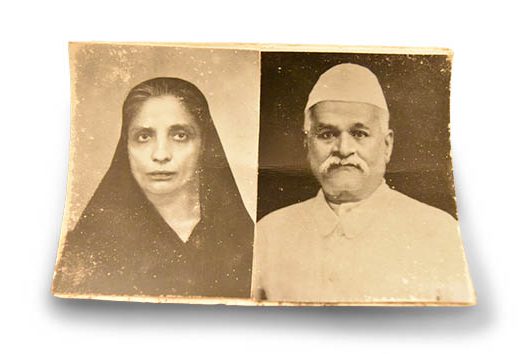
Jivan Jetha Shah and his wife | Photo Credit: Kreol
Nestled within the Seychelles’ Ste Anne Marine National Park, JA Enchanted Island Resort offers an intimate and historical experience, reminiscent of French colonial times. Sunil Shah considers his inner calling in first acquiring an island and then developing it into a premium holiday abode, a 15-minute speed boat ride from Victoria, Seychelles’ capital.
Steeped in luxury and history
The boutique resort is made up of ten villas, featuring classical decor and antique furnishings, each with its own tale to tell. JA Enchanted Island is a voyage back in time, filled with culinary delights and a host of amenities to create the perfect holiday for its high-end clientele.
“The villas have been built around nature rather than through it because immense beauty comes with immense responsibility,” remarked Shah in an interview adding, “We ensure that the moment someone steps onto the island, he or she should feel the authentic beauty of Seychelles in terms of the landscaping, the ambience and the architecture. They should feel that they have gone back in time – in the Seychelles of the 1930s, the time when my father was born. So, when you look around, you will find that everything is antique.”
The resort is home to hundreds of pieces of antique furniture, and all the artwork has been created by local artists who were commissioned for the purpose. Since Sunil Shah has a passion for restoration art and antique posters, the resort boasts of many such pieces picked up in auctions around the world.
Apart from being connoisseurs of global art, Shah and his family share great affinity to the country of their origin – India. “Many of the artwork restoration was done in India, and also the architect of the resort, Tony Joseph, is a well-known architect in India,” he shared.
Steeped in natural beauty
Talking about the natural beauty encompassing the resort, Shah remarked, “There is no architect on this planet who can outdo the beauty of this island.” The family has named all the private villas after local flora and fauna.
The main swimming pool seems to stretch out into the sea and is designed with a view of the two nearby islands. Their neighbouring island owners are all high profile people like billionaire Arab princes and Russian oligarchs.

JA Enchanted Island Resort
The Hyderabad connection
Though Sunil Shah’s grandfather migrated to Seychelles, his father Anant Shah moved to India for his higher education after spending his first 18 years in Seychelles. After achieving degrees in business and law, he became a chartered accountant, settling in Hyderabad with his family. Sunil had a twin brother, Anil who passed away when they were just six months olds.
While staying in Hyderabad, Sunil’s father remained connected with Seychelles, collaborating on various businesses with his brothers. He established diverse enterprises such as a grape farm, a steel works company, and a textile printing factory.
Returning to Seychelles in 1980, Anant founded his accounting firm there and partnered with Sunil, who too had pursued chartered accountancy. Their practice thrived in Seychelles and the father-son duo went on to expand their venture with partners from Mauritius.
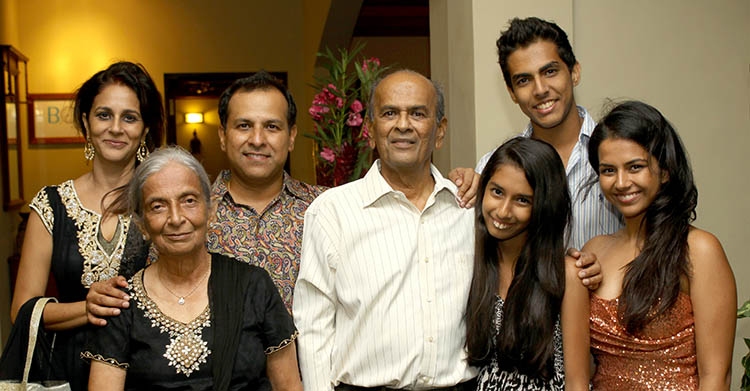
Sunil Shah with his parents, wife and kids | Photo Credit: Kreol
Continuously seeking new ventures, Anant and Sunil ventured into real estate working on several projects that embodied Seychelles’ nostalgic charm. Even in his final years, Anant remained driven, collaborating with Sunil on projects that merged luxury with tradition. Anant passed away in 2015.
Carrying the legacy forward
Sunil, his wife Babita, and two of their three children, Sanjana and Vishal, have played a vital role in the establishment of the premium resort on the island that the family purchased. Sunil, Sanjana and Vishal take keen interest in the maintenance and upkeep of their dream business venture despite handing it over to Dubai based JA Resorts & Hotels for managing the day-to-day functioning.
Sanjana, and Vishal joined their family enterprise after graduating from university in England. “It is always great to have a fresh and youthful perspective in this new business environment where nothing is permanent except change,” remarked Sunil. Together, the threesome work on their current projects and future collaborative plans.

Sunil Shah with his wife and kids | | Photo Credit: Kreol
Balancing business, family and leisure
Given the diverse business portfolio owned by the family, the Global Indian occupies a prominent place in Seychelles’ influential circles. His involvement extends to serving on various boards, such as the Seychelles Planning Authority, where he represents the private sector. This government-formed board plays a pivotal role in enhancing the country’s ‘ease of doing business’ ranking—a testament to Seychelles’ ongoing commitment to progress and development.
Shah loves working from his home office, in a relaxed environment with his dogs lounging around. His day begins with an indispensable cup of espresso as he catches up on international news. The day draws to a close with a workout at the gym with his wife, after which he settles down for a home-cooked dinner.

Sunil Shah and his family with JA Enchanted Island Resort in the background | | Photo Credit: Kreol
Since it’s a family where members are also business partners the line between work and home life blurs many times. “I am always amazed at how insightful inputs and ideas come alive in the living room,” the Indian-Seychellois entrepreneur remarked.



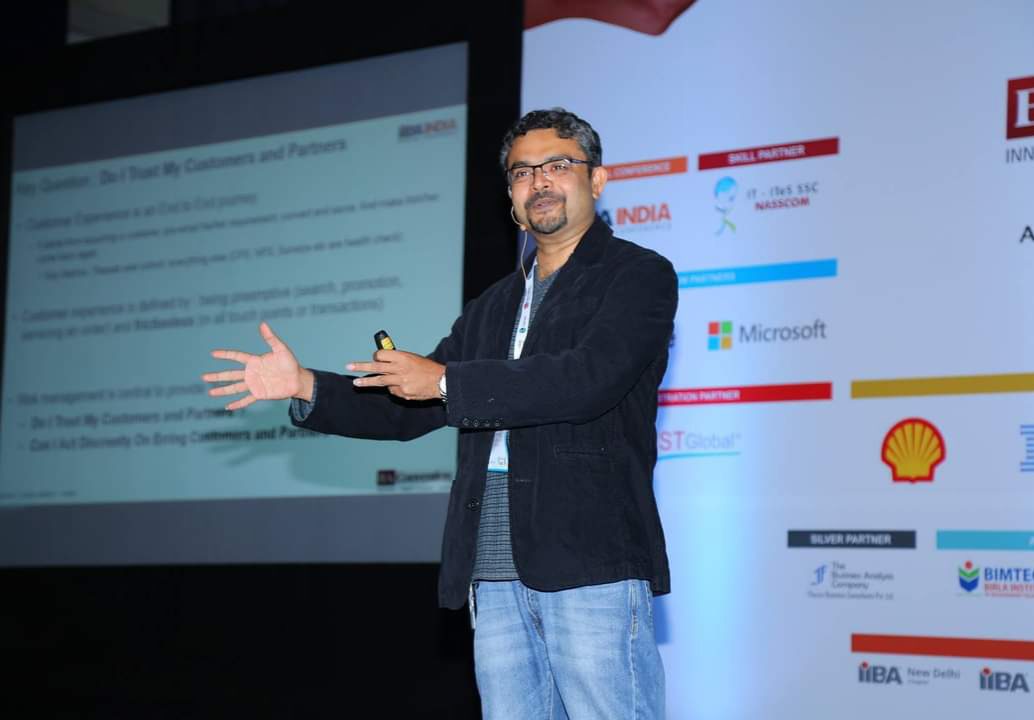
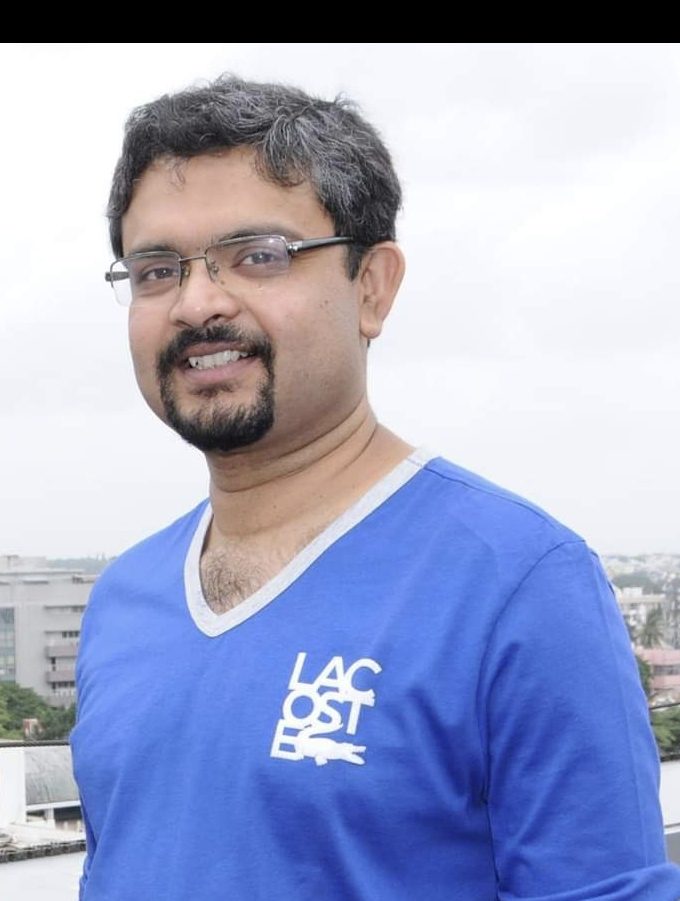

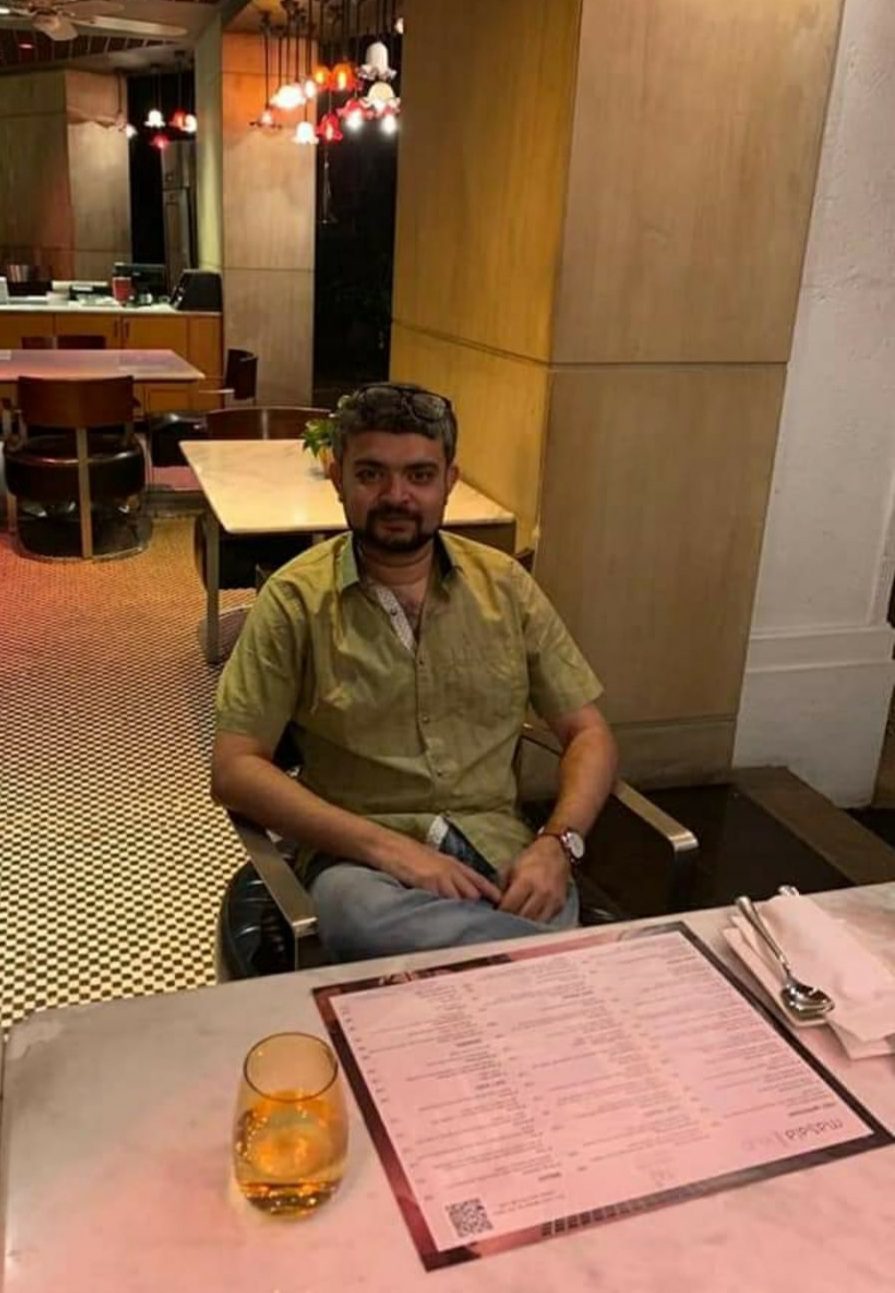
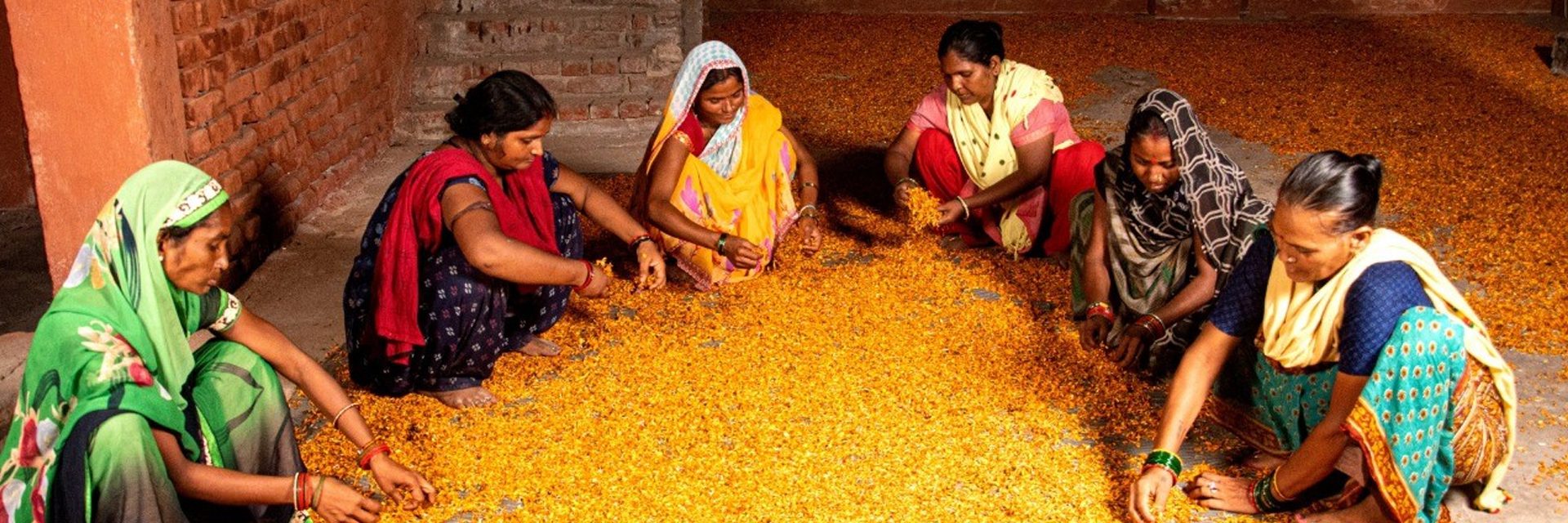
 Ankit Agarwal, Founder, HelpUsGreen[/caption]
Ankit Agarwal, Founder, HelpUsGreen[/caption]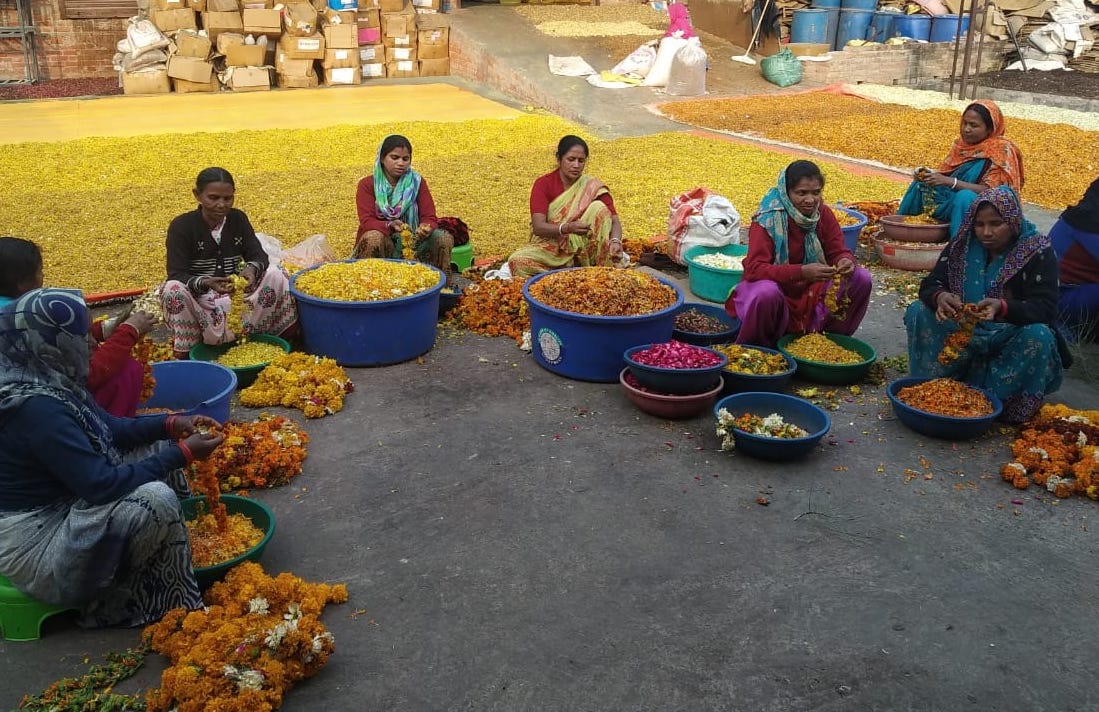 Flower recycling creates livelihoods[/caption]
Flower recycling creates livelihoods[/caption]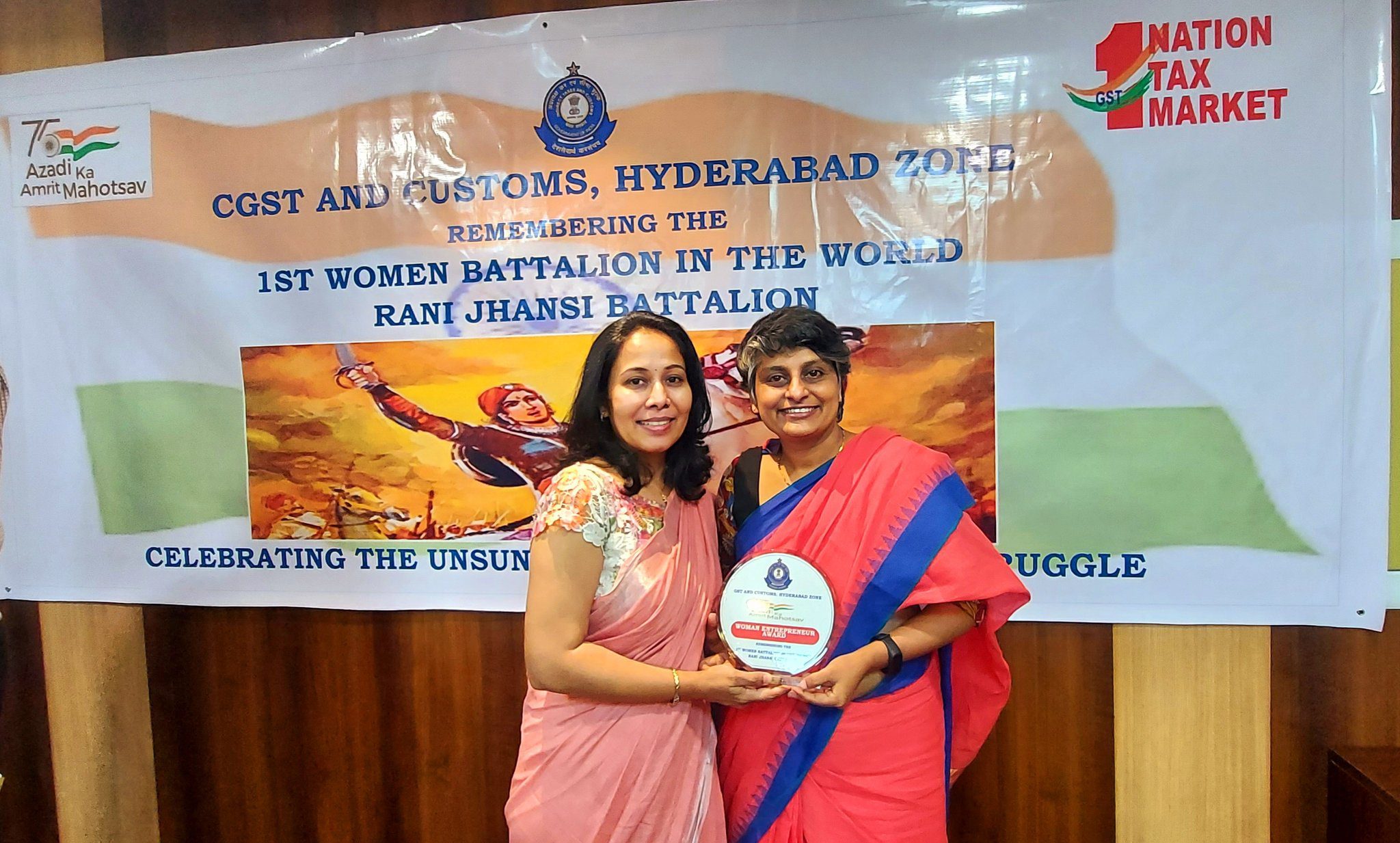 Maya Vivek and Minal Dalmia, Founders, HolyWaste[/caption]
Maya Vivek and Minal Dalmia, Founders, HolyWaste[/caption]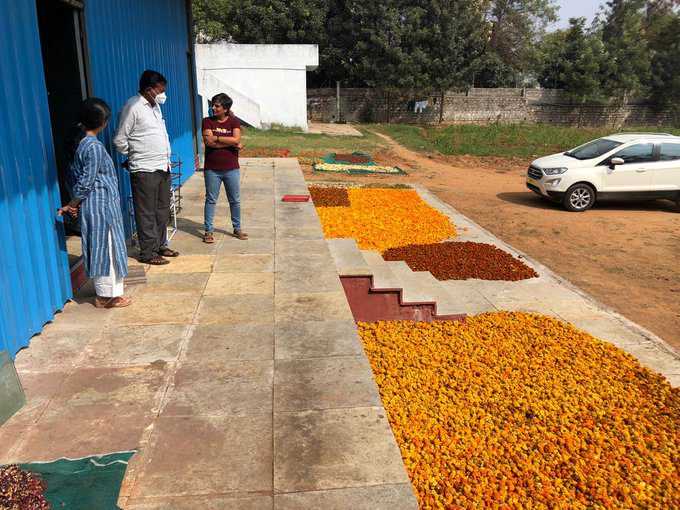 Making waste beautiful[/caption]
Making waste beautiful[/caption]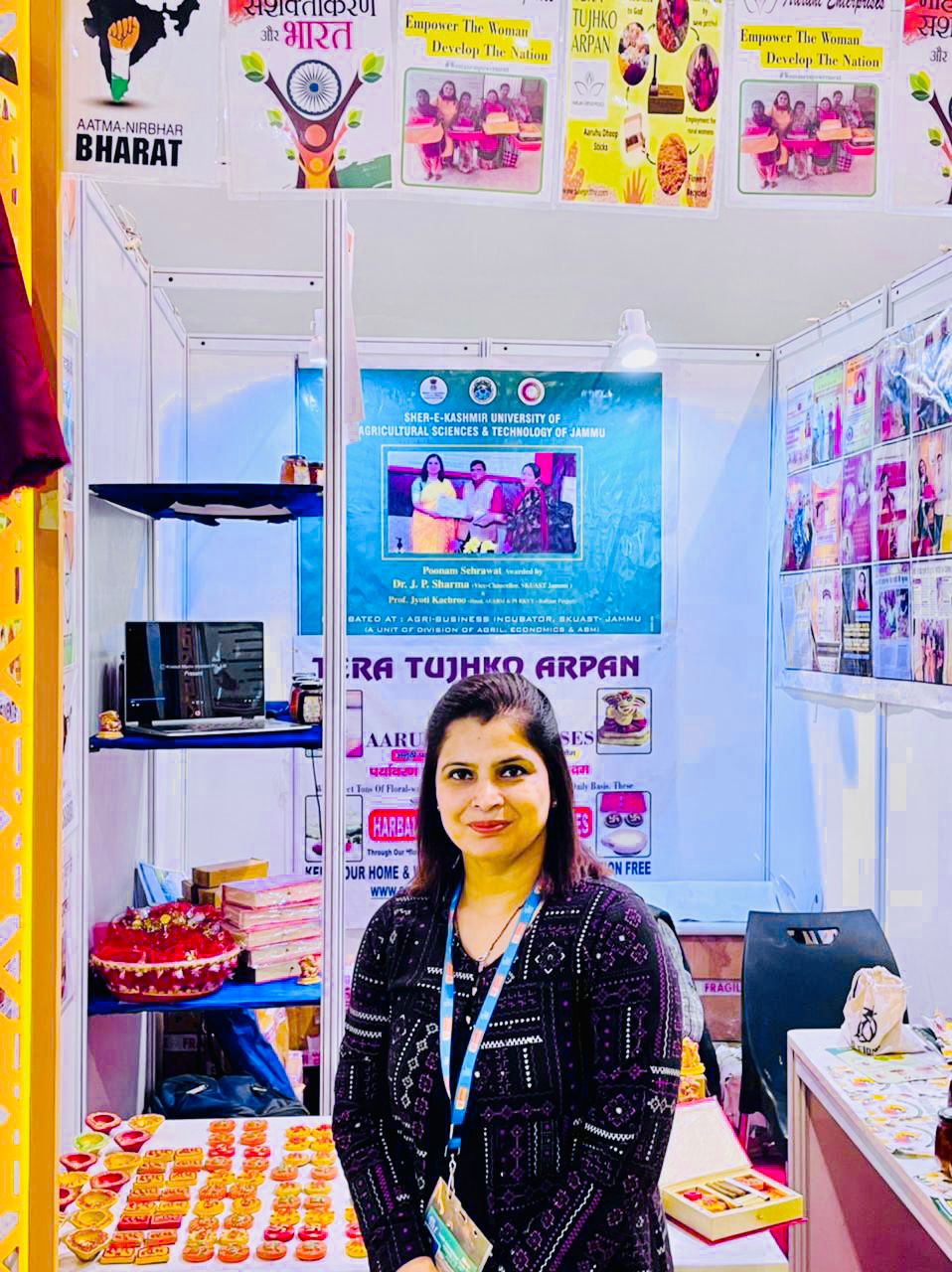 Poonam Sherawat, Founder, Aaruhi Enterprises[/caption]
Poonam Sherawat, Founder, Aaruhi Enterprises[/caption]
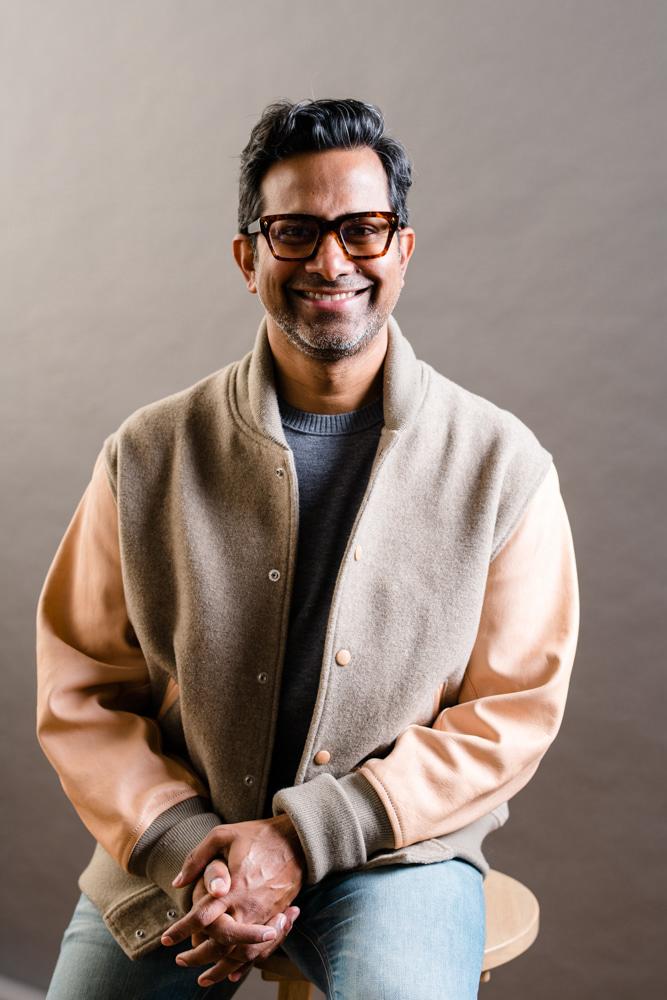
 Balaji with his wife and daughter[/caption]
Balaji with his wife and daughter[/caption]
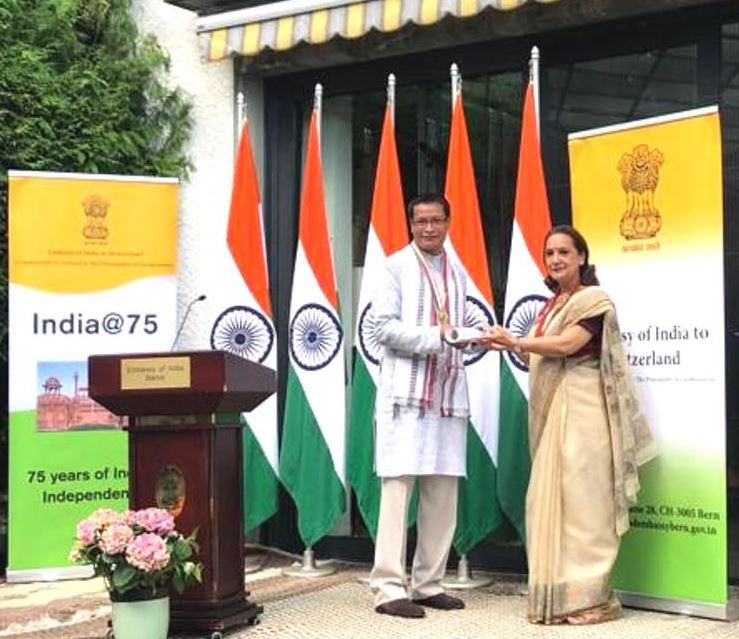 Dr Shachi receiving Pravasi Bharatiya Samman by the Indian Embassy in Bern, Switzerland. He was felicitated by Ambassador Monika Kapil Mohta[/caption]
Dr Shachi receiving Pravasi Bharatiya Samman by the Indian Embassy in Bern, Switzerland. He was felicitated by Ambassador Monika Kapil Mohta[/caption]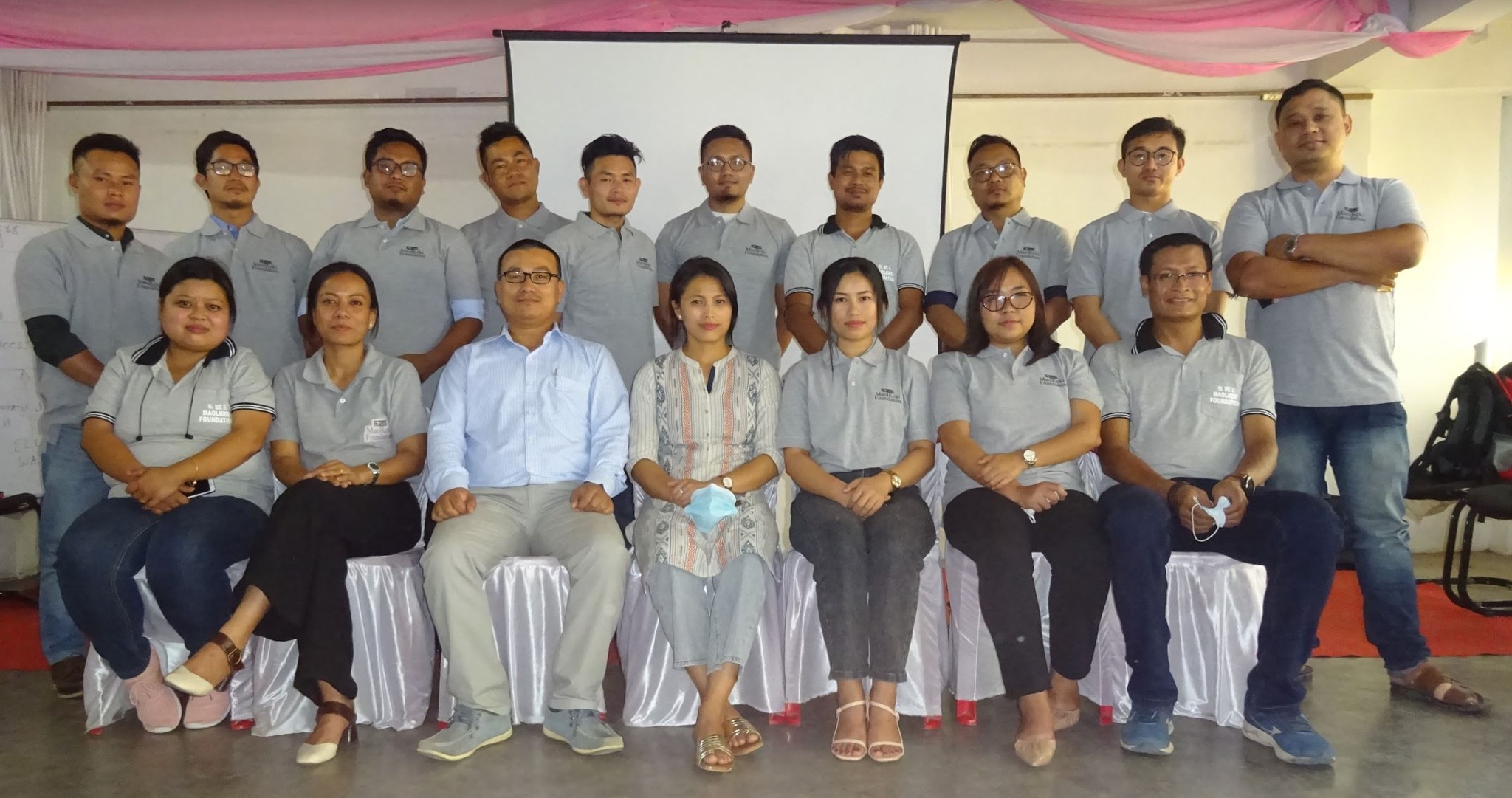 The Maolkeki Foundation team[/caption]
The Maolkeki Foundation team[/caption]
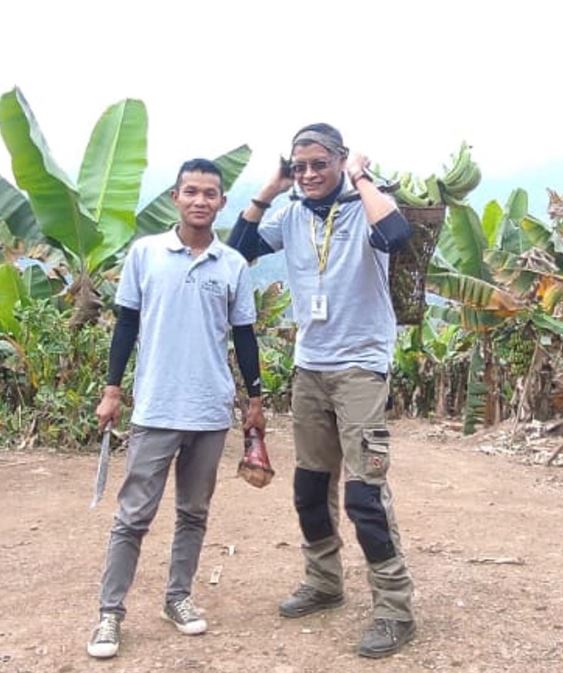 For Shachi, it was a moment to learn what farmers experience in carrying a 'sam' around![/caption]
For Shachi, it was a moment to learn what farmers experience in carrying a 'sam' around![/caption]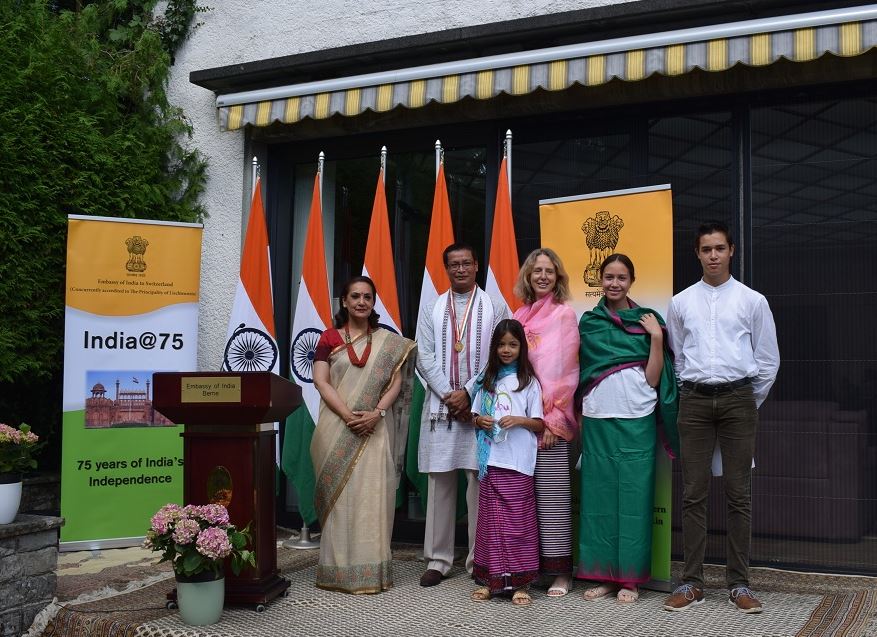 Shachi Gurumayum with his family during the Pravasi Bharatiya Samman ceremony at the Indian Embassy in Bern, Switzerland[/caption]
Shachi Gurumayum with his family during the Pravasi Bharatiya Samman ceremony at the Indian Embassy in Bern, Switzerland[/caption]

 Bilquis Mir[/caption]
Bilquis Mir[/caption]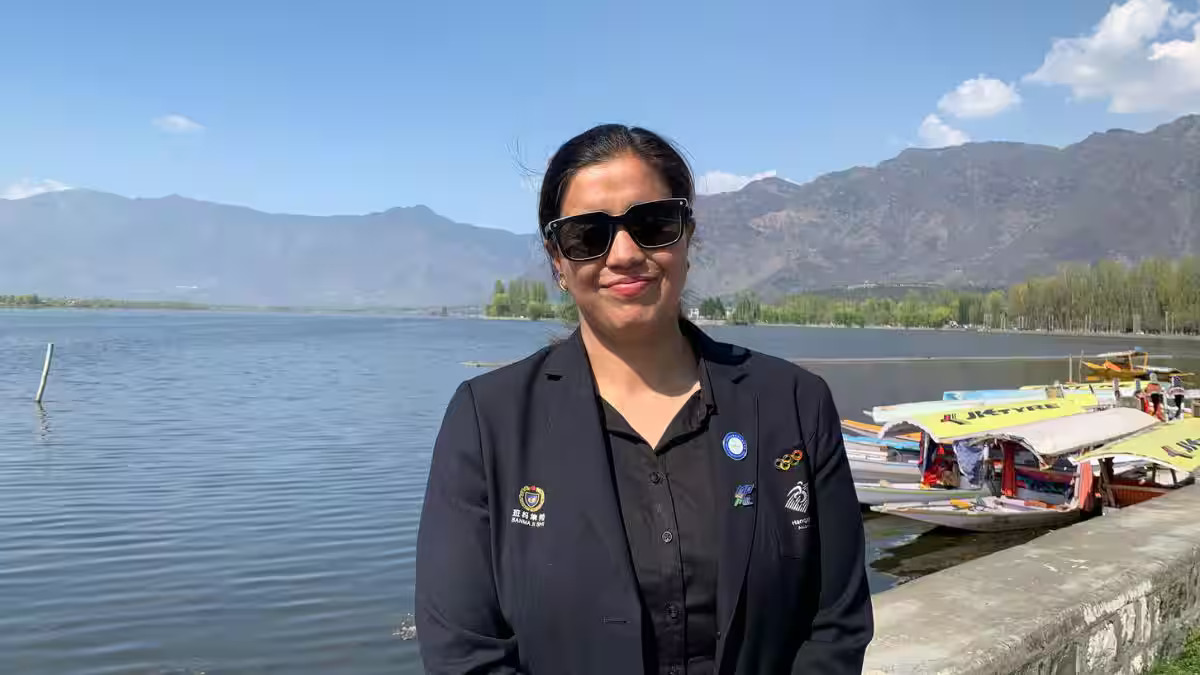 Bilquis Mir[/caption]
Bilquis Mir[/caption]